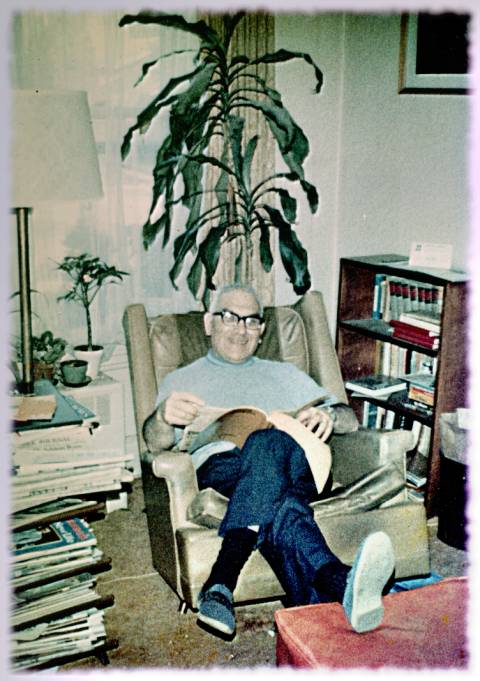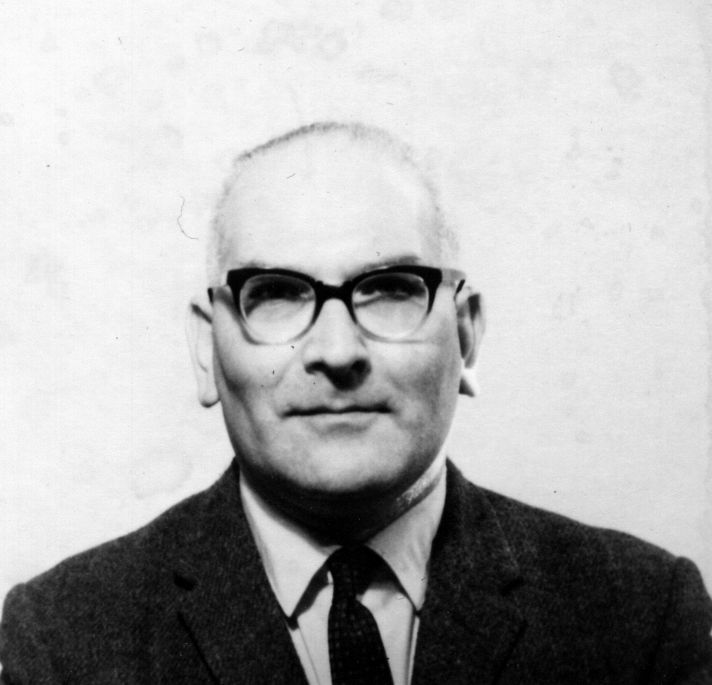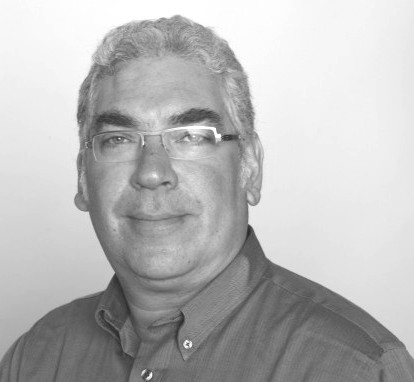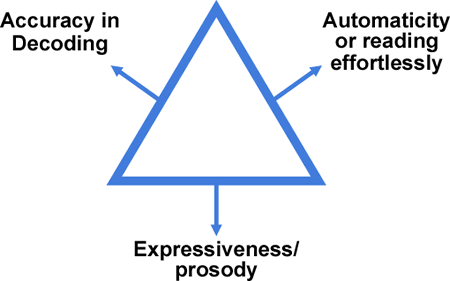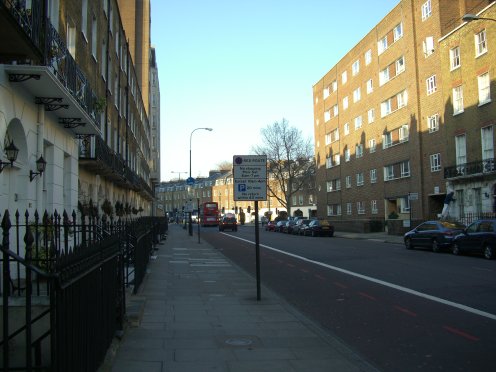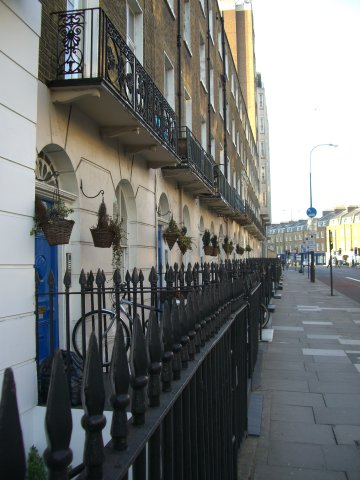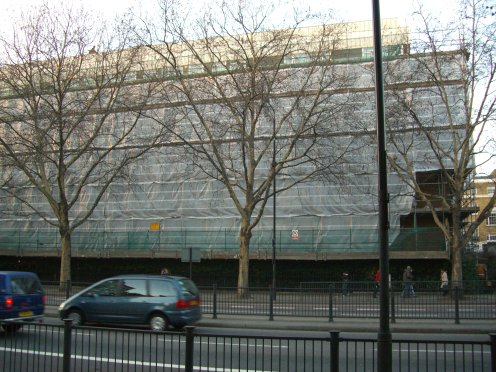
I recently read a piece by Alexandra Styron in The New Yorker magazine. In it she wrote beautiful remembrances of her father, and of her relationship with him. I was struck as I read the piece with how she seems to, I don’t know, define her father… No, not define him, but identify him, associate him, with places. Brooklyn, in this story, is hers, but it is also his, and it is his ties to it, so documented in “Sophie’s Choice,†which becomes a sort of talisman for her. She doesn’t read that book until he is almost dead. She doesn’t go to find his Brooklyn until he has passed. I got the impression that going to his Brooklyn, the Parade Grounds, was, for her, like sneaking into his room or going through his dresser. It was something that she was expected to do, she would even have been forgiven, but she seems to feel she is trespassing in a way.
I do not identify my father with a place, not really. I thought I did. I thought that England was his place, but I now see that it isn’t. My drive to go to England, I realize, is an attempt to find him. But he isn’t there. When I went there, to North Harrow, several years ago, it was my mother I found, that was her house. They only lived there for a few years and yet even in his own country it was she who I identify with that home. When I was younger I didn’t ever get the sense that the house, my mother’s house on Hackett, was his. It was hers, even when he was living. Even there, just now, I wrote “my mother’s house†not “my parent’s house.†He lived in that house as long as he lived anywhere in his life, but it wasn’t really his place. What I expect to find in England of him I do not know. Perhaps I will find myself.
I must tell you a story. This is the story of the day my father died. The story starts a short time before that day, however, in the Summer of 1976; the Bicentennial, an election year. I was thirteen years old, had begun to experiment with electronics and my brother Steve had been playing guitar for a few years. I suggested that we turn the old playroom in the basement, a room my younger brother and sister didn’t use, into a studio. I could explore my new interest in audio equipment while my brother learned about recording. We browbeat dad into letting us give it a try.
The first order of business was to clean the place out. We older kids had long since abandoned that space and it had started to fill with my mother’s “finds.†We hauled many of those up to the verge to be picked up by the garbage men. There were old toys as well, which we had to box up for posterity. We had made pretty good work of it when we heard the sound. It was a sound which each of us, in our own way, will always remember. There was a crash, some footfalls, and then a moan. The moan sounded like a cat growling, preparing for a fight. It still rings in my ears as I type this. I will never forget that moan.
The crash was mom dropping the dishes she was washing. The footfalls were her running out of the kitchen into the back yard. The moan was her collapsing to her knees next to dad’s crumpled figure on the driveway. She had heard him fall and ran to his side.
Steve and I were in the basement when we heard the moan. I made some lame joke about the cats and we let it go. Then it came again, louder, and we thought we’d best go investigate. Upon cresting the landing of the basement stairs and bursting into the yard, we knew something was terribly wrong. “What’s wrong?†we called to mom as she knelt next to dad’s prone body. “Call an ambulance, your father’s collapsed.†she replied, sobbing. Barely got the words out. Resumed her attempts at mouth to mouth.
The next is a blur. I was the one who ran inside, picked up the phone, dialed “O†for Operator as you see in all of the old movies and TV shows. “I need an ambulance!†I cried into the phone. “You need the Fire Department†I was told, “I can connect you,†said an obviously worried operator. There was a click and then some buzzing. When there was no more sound for a moment or two, I hung up and dialed the Fire Department direct. “I need an ambulance right away†I shouted into the phone. I gave the man the address and told him that my father had collapsed and my mother was giving him mouth to mouth. He told me to keep an eye out, someone would be there soon.
I went into the back yard, onto the driveway, and there mom was fretfully ministering to dad. I cannot convey, in words, the level of fright and angst that gripped us all at that point. Myself, my mother and Stephen were all there. Sarah, Sandy and Joe were inside and ignorant of the goings on. Dad had been loading up the VW minibus with heavy under-felting (for laying under carpet) which mom had garbage picked. This was just some of the stuff which was going in the big purge which our basement studio project had engendered. We’ll come back to this…
The ambulance was long in coming. I went out to the front; mom was frantic and I just wanted to make her calm down. I watched as an ambulance drove by, to the end of the block. I was waving my arms and jumping up and down in the street. I was about to go back inside to call again when the ambulance came back around. I waved them down, “It’s my father, he’s back here†and I took them back to the back of the driveway where he still lay still and mom leaned over him, trying, still, to revive him.
My typing has now slowed from allegro to andante … this is the hard part.
They all bent over him for a while, and then loaded him onto the gurney and parceled him off in the ambulance with mom riding along in the back. We kids milled about; I’m sure a neighbor lady must have come to see after us, though I cannot say so for sure. I remember feeling proud that I had called the ambulance, but ashamed that something had obviously gone wrong that they drove past us at first. This is a doubt that will haunt me forever. I have no idea what my brother Steve was doing this whole time. He was there as surely as I was, but just where I cannot say.
45 minutes later mom returned. We all gathered around her in the living room, she sat on her foot stool with Sandy, 5, on her knee and Joe, 8, standing next to her, and said “Children, you no longer have a father…†Her voice trailed off, and with it my childhood.
I’ve written before of the rest of that day. I will not dwell again, here, upon that. I will, however, revisit the under-felting which was still in the driveway, right were it was when dad collapsed. A week or two later Steve and I loaded it into the minibus and he carted it away to the dump. I hated my mother, then, for having foraged it. I hated her for having, in my eyes at least, caused dad’s death by her relentless frugality.
I do not know when, or if, I ever forgave her for that. When I held her hand as she laid dying, that last long day in hospice, I thought of that day in the driveway. I thought of that wail of hers, that moan that broke Stephen and I out of our revere and up the stairs to find that last, lasting vision of our father. And I thought of that under-felt, that damn under-felt, and how it ruined our family.
I was thinking about this as I finished Ms Styron’s piece and I realized that my father was a man of time, or times, and not of place. I think of him in a series of disjoint era; childhood, the war years, America and finally memory. My mother, though, is a series of places; her army-brat upbringing which she herself defined as a chain of abodes with an anchor in West Lafayette, then Bloomington, Madison, England, the house on Hackett, and finally her bench in Lake Park.
It is only her that I have a place to visit, at that bench of hers in the park. My father’s ashes are in my dining room as I type this, but I do not find him there, in that box. He is long gone, and has no place. Just a time, my past, where I can always go as long as my memory holds up, and find at least a part of him. Or inside, in my heart, where that strong and resolute man chided me to be my best, and showed pride when I achieved it and loving regret when I did not. It is a shame that is all I carry of him – strength, resolve, pride, regret. I wish I had more.


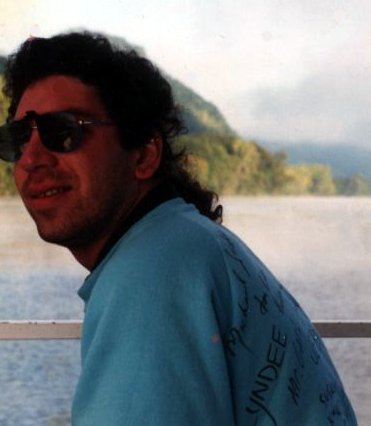


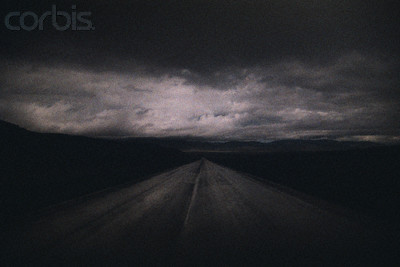


 Here is an excerpt from the New York Times obituary of Weizenbaum:
Here is an excerpt from the New York Times obituary of Weizenbaum: Mr. Giordano was best known through the performing of his company, Giordano Jazz Dance Chicago, founded in 1962 and based in Evanston, and through his teaching at dance conventions throughout the United States.
Mr. Giordano was best known through the performing of his company, Giordano Jazz Dance Chicago, founded in 1962 and based in Evanston, and through his teaching at dance conventions throughout the United States.